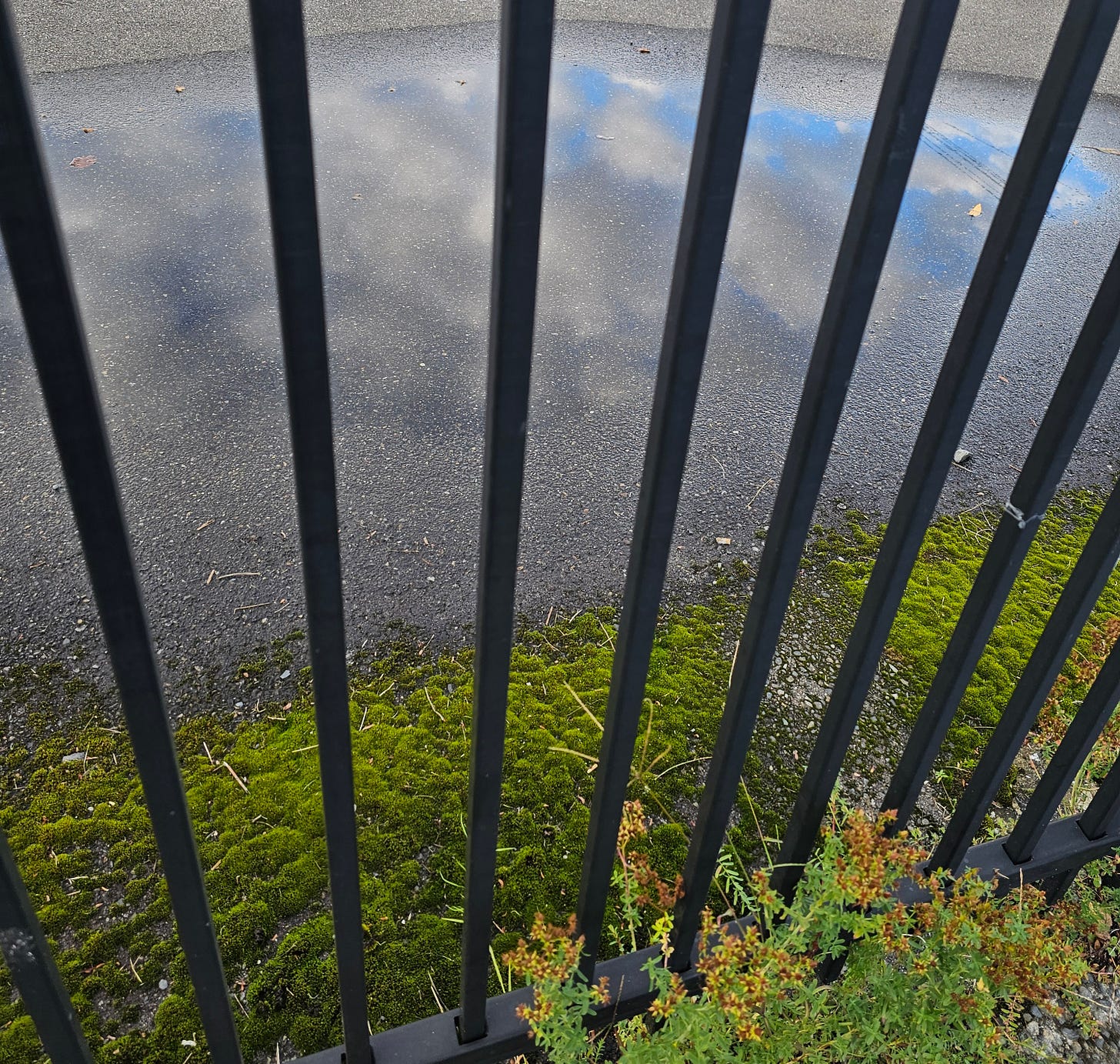In Defense of Dense Prose in Paradise by Toni Morrison
A review of a book I did not finish, but loved all the same.
Writing Skins is a reader supported author newsletter that shares excerpts from an award nominated speculative fiction writer’s craft journals. It offers a vulnerable, funny, and interesting look at the writing life, craft, and storytelling.
Craft Chat is the writing craft section of the newsletter where subscribers and me go through a subject, piece of media, or technique together.
Before I really begin, I feel like it’s important to note that I did not finish Paradise and am not sure if I ever will. It’s not that it’s a bad book—it’s Morrison, it’s of course not a bad book, but it is so dense in a way that every time I sat down to read it, I found myself wading through head high water. But I didn’t turn the book back into the library because it is beautiful. Even through the slog, Morrison’s beautiful prose struck me. The way she handled her words and her ideas throughout often shook me out of my stupor.
“Mavis woke felt-mouthed, ugly, unfocused, and knew she was ravenous because the sun, watermelon red, looked edible. The screaming blue horizon that surrounded her was minus invitation or reproach and supported by a billion miles of not one thing.” (Paradise pg. 79)
In Morrison’s introduction to Beloved, she mentions that using dense prose should not be done when talking about the brutalities of slavery. To be honest, this could have also been Butler in the forward to Kindred—the books are so closely tied in my mind. Here in Paradise though, Morrison seems to have gone in the opposite direction and stripped away so much of what could ground a reader in the story and world that it feels like she’s making a point.
You are not of Ruby, the town that the characters create and guard. Ruby is its own and you may or may not understand it. That’s not up to her. It’s not her job to make Paradise easy for us to access, like a town tucked away from the world to avoid any more harm.
What kept me at such a distance from the book, I think was the fact that it was incredibly stylistic with lots of metaphor, history, rememory, and characters that I needed to wade through and hold in my head to make the novel mean something for me. Some of the reviews I read about the book and a couple interviews with Morrison, the characters were all meant to be flawed, but some reviewers thought them thin and without depth. That was not my impression of any of the characters. They were so of themselves that I often felt being in a scene with more than two people was over stimulating.
So, if I didn’t finish the book, why is my annotation in defense of the dense prose? I write dense prose. Not always, but often. I want to choose the density of a hard tight line that carries so much weight by the end of the story my readers are wrecked, sweaty, and have put in the mental labor equivalent to the suffering the characters in my story have gone through. Unfortunately, dense prose often leaves many readers out. It’s inaccessible, leaving the important themes that would benefit many readers only available to the few.
When I was more than 50% through Paradise, I realized that if someone asked me what it was about, I wouldn’t have a good answer. I think that Paradise is about the history of a town of freed enslaved people and how their lives unfold. And even if that may not be totally wrong, I can tell in my reader bones that because I wasn’t able to access the text in the mental way it requires, I actually have no clue what the book is about.
In an old New York Times review of the novel, Michiko Kakutani described the book as “… a clunky, leaden novel.” The whole NYT review is a tear down of the novel and Morrison’s themes with it. While my experience may lend some credence to Kakutani’s review, I still believe it is a novel with such merit that it takes a careful, patient reader. “… and the nothing turned out to be sky—unignorable, custom-made, designer sky. Not empty either but full of breath and all the eye was meant for.” (Paradise pg. 138)
During a panel I was once on that delved into storylines and plots outside the three-act structure and hero’s journey, I brought up the concept of a community storyline. It’s a saga story that takes its time and is often dense due to the fact that the story contains multiple main characters whose histories with each other, the land, and the town create a deeply rich story epic in its proportions.
Paradise feels like that type of novel. A dense journey with a group of people carrying more weight and blood and trauma than is easily digestible.



